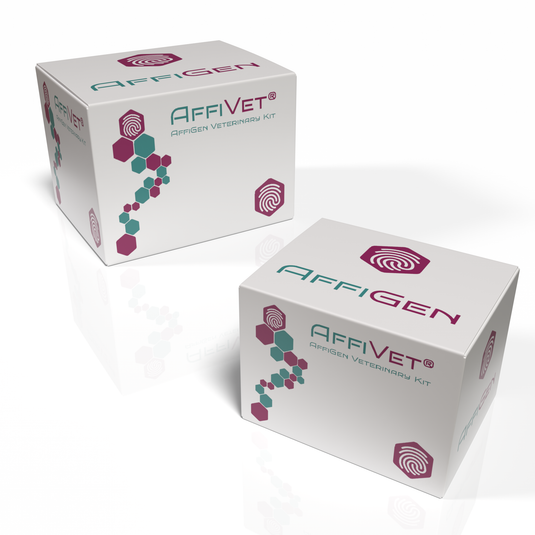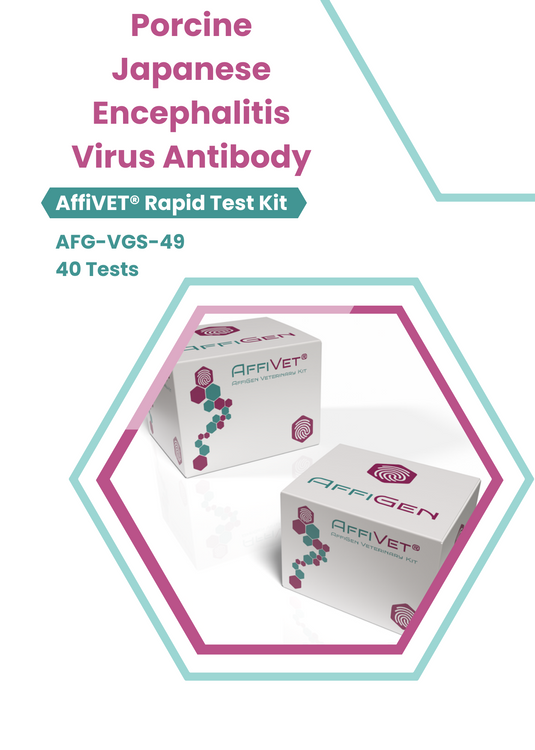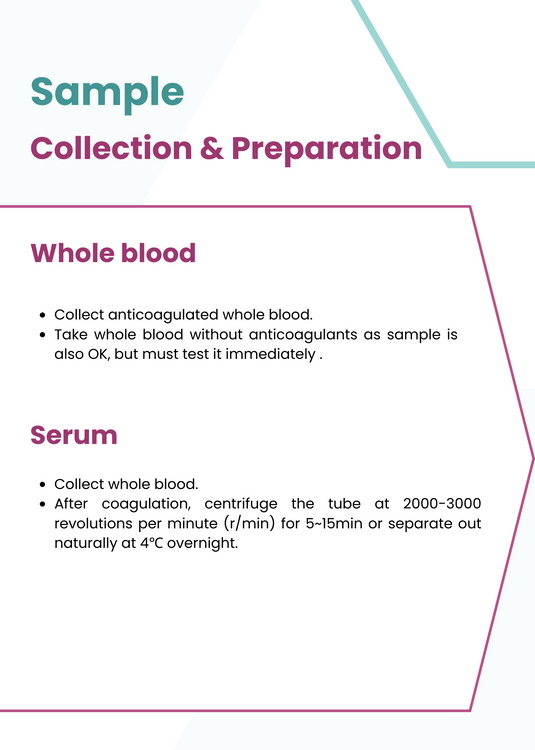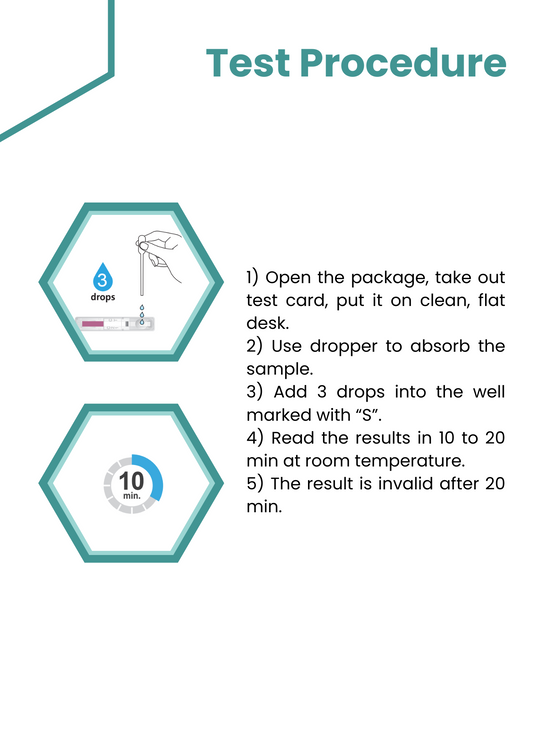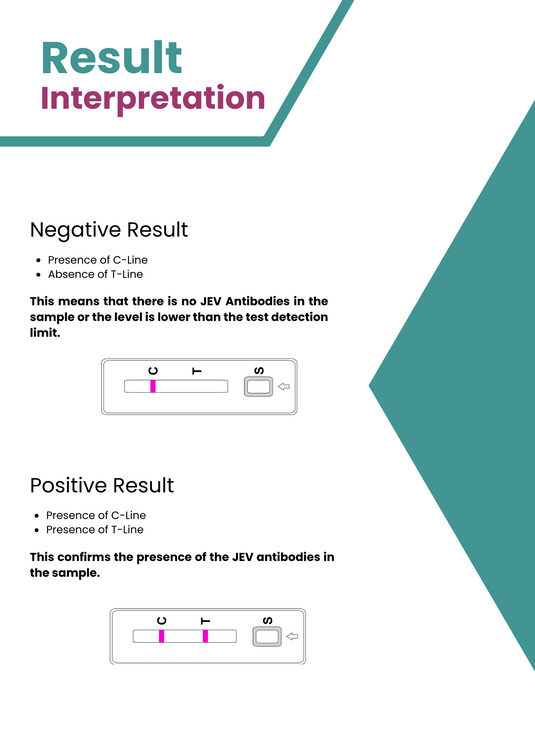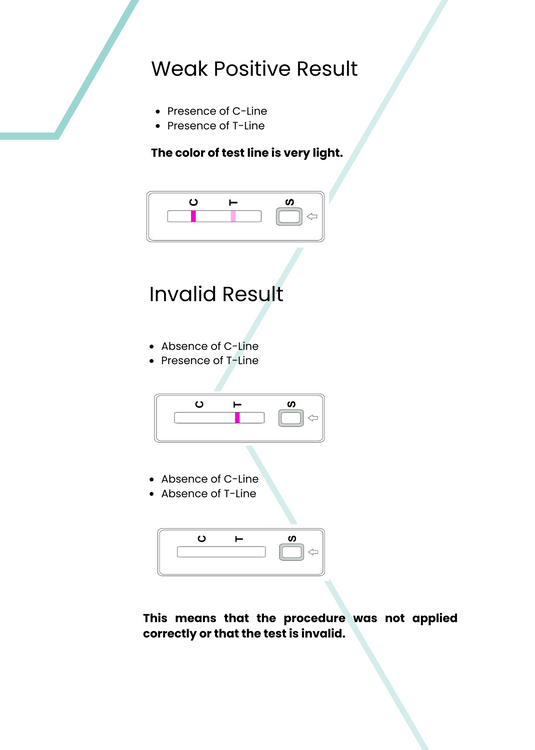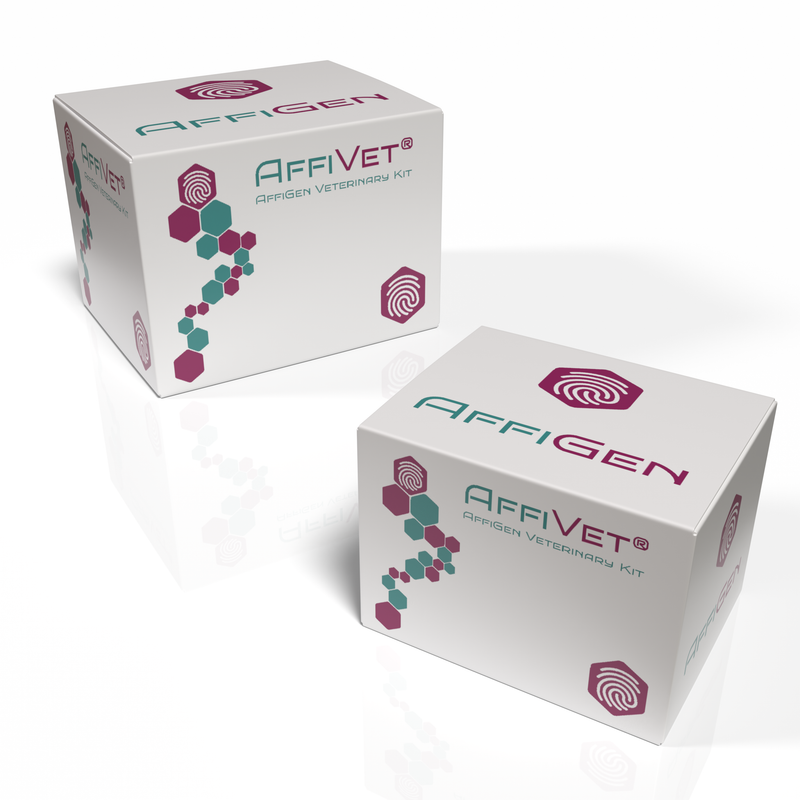
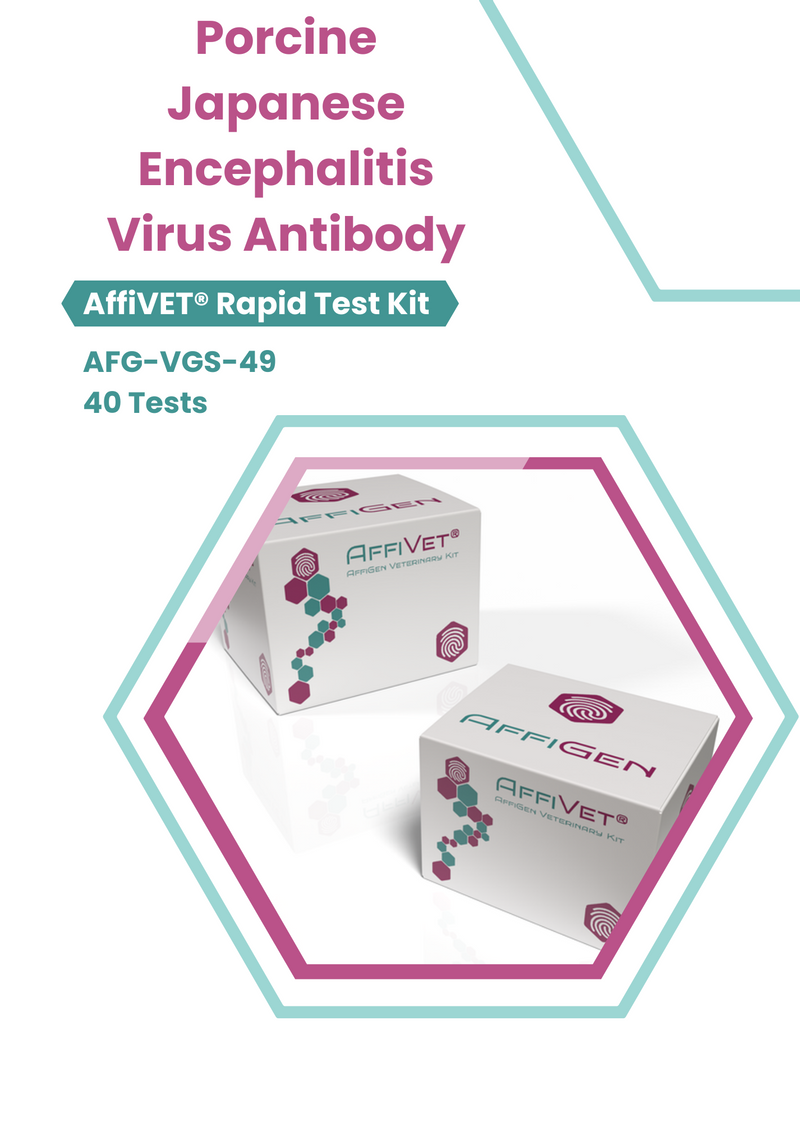
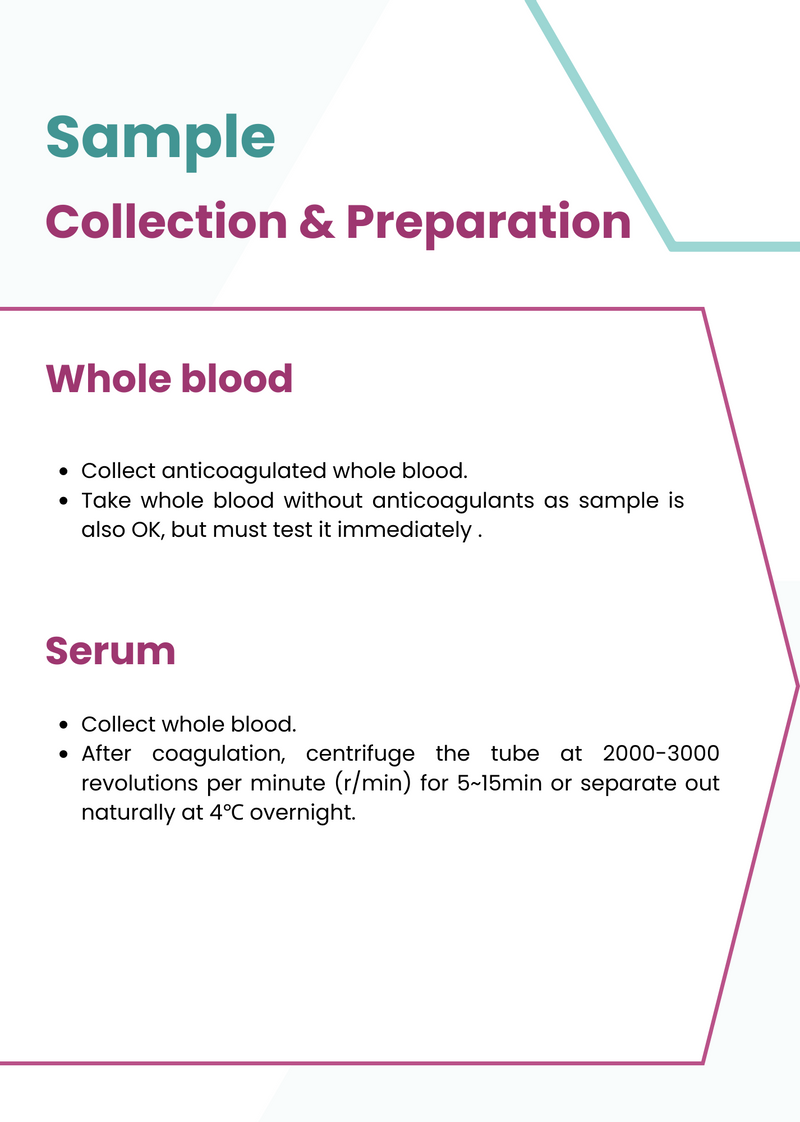
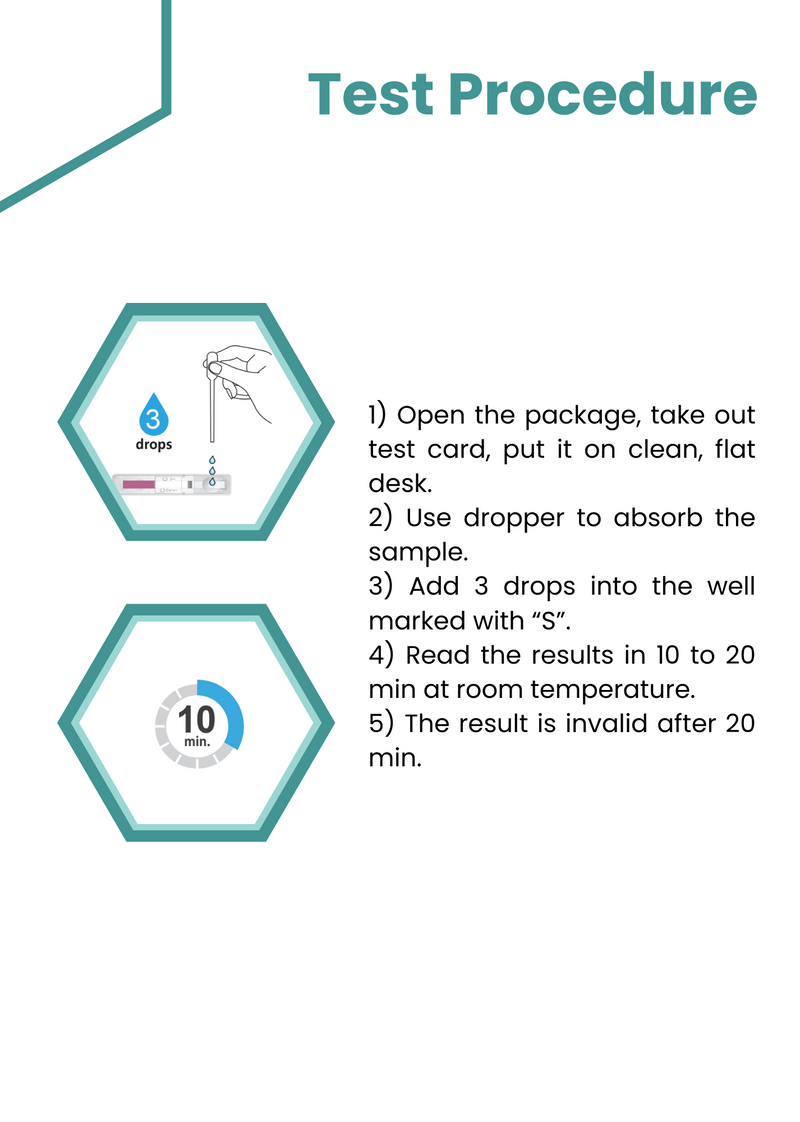
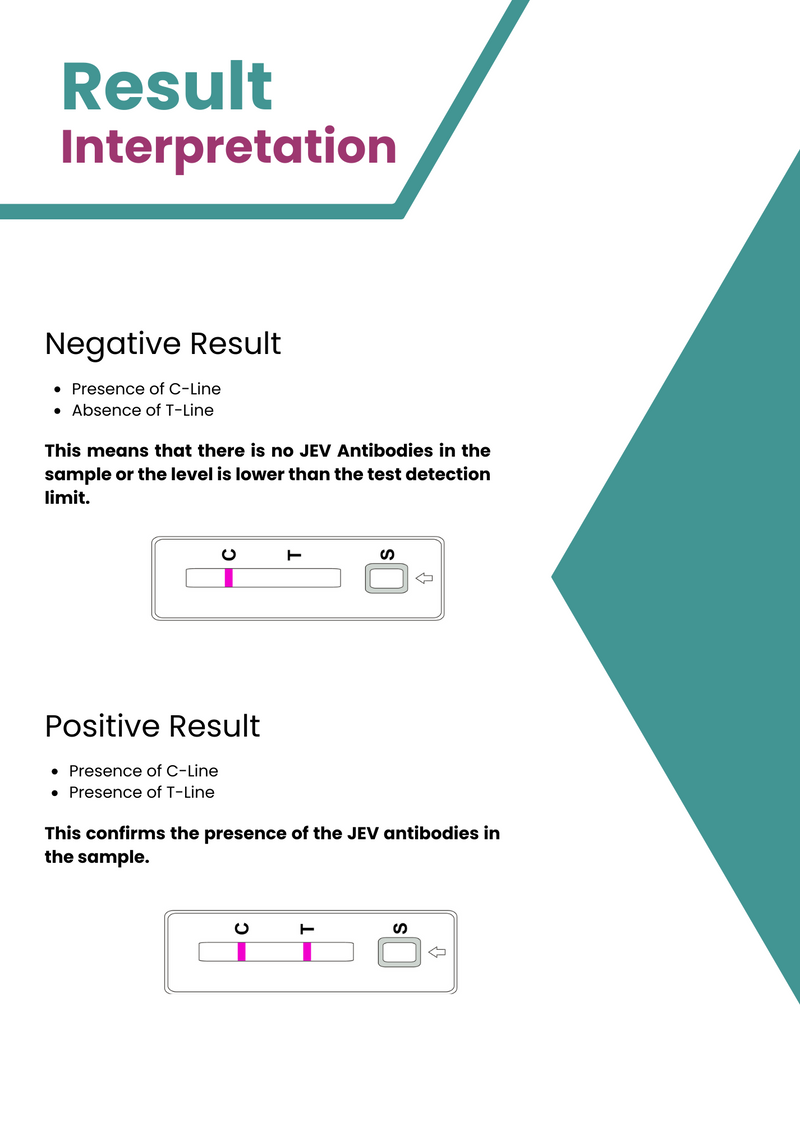
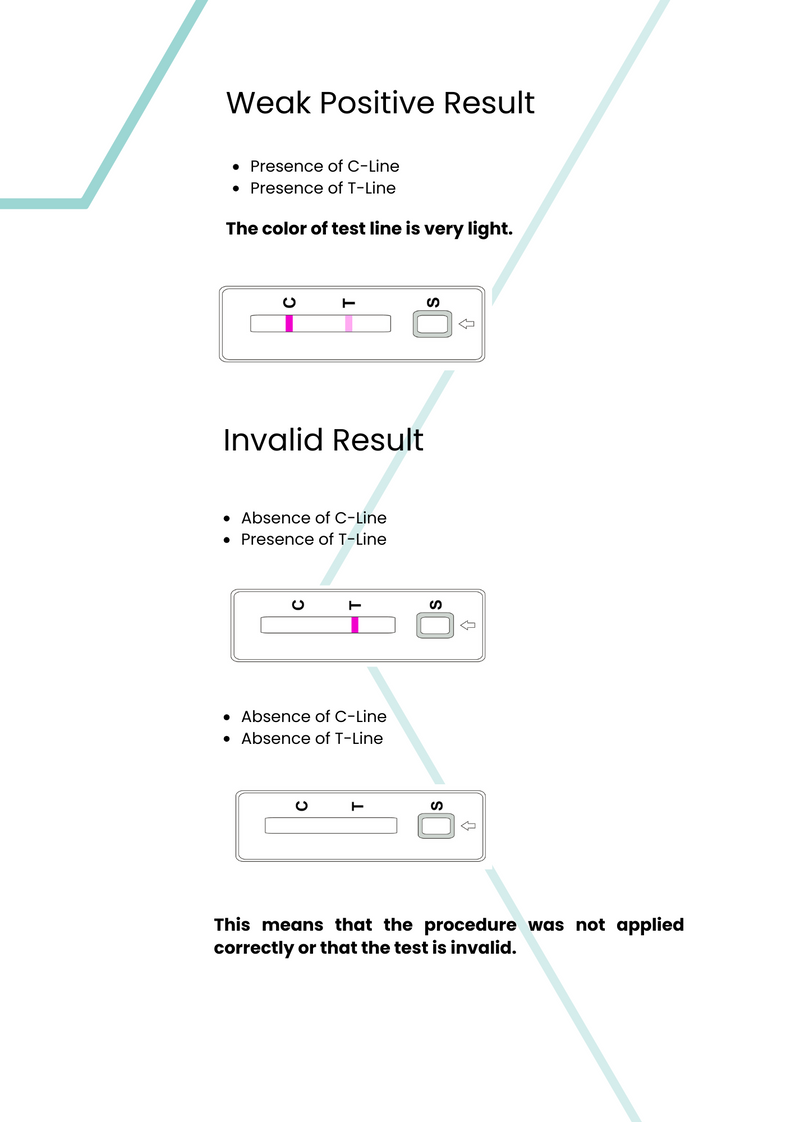
Porcine Japanese Encephalitis Virus Antibody Rapid Test Card
CAT#: AFG-VGS-49
Size: 40 Tests
Method: Rapid Test
Species: Porcine
Specimen: Serum & Whole Blood
Test Principal:
The AffiVET® Porcine Japanese Encephalitis Virus Antibody Rapid Test Card is an immuno-chromatographic test, using colloidal gold immunoassay method, to detect the antibody against Japanese encephalitis virus in whole blood, serum.
After adding sample, the sample move along with the colloidal gold labeling JEV antigen, is there is JEV antibody in the sample, it combines with antigen on T line and show wine-red color; if there is no JEV antibody, then no color reaction.
Material Required:
(40) JEV Ab Test Card
(40) Dropper
(40) Antibody titers Colorimetric card
(01) Manual
Storage and Stability:
1) Store the test kit at 4 to 30°C. DO NOT FREEZE.
2) Do not store the test kit in the direct sunlight.
3) The test kit is stable within the expiration date marked on the package label.
Sample Collection and Preparation:
Whole blood:
- Collect anticoagulated whole blood.
- Take whole blood without anticoagulants as sample is also OK, but must test it immediately .
- Collect whole blood.
- After coagulation, centrifuge the tube at 2000-3000 revolutions per minute (r/min) for 5~15min or separate out naturally at 4℃ overnight.
Test procedure:
- Open the package, take out test card, put it on clean, flat desk.
- Use dropper to absorb the sample.
- Add 3 drops into the well marked with “S”.
- Read the results in 10 to 20 min at room temperature.
- The result is invalid after 20 min.
Result Interpretation:
Negative Result:
- Presence of C-Line
- Absence of T-Line
Positive Result:
- Presence of C-Line
- Presence of T-Line
Weak Positive Result:
- Presence of C-Line
- Presence of T-Line
Invalid Result:
- Absence of C-Line
- Presence of T-Line
or
- Absence of C-Line
- Absence of T-Line
Consults for diagnosis:
1) If not inoculated by the bacterin against porcine JEV virus:
a. Test line don’t appear visible wine red show there are no antibodies against porcine JEV virus in tested samples, if the swine are healthy, it is better to vaccinate in time;
b. Test line appear visible wine red show the pig was infected with wild virus, should be more observed to validate.
2) If have been inoculated by the bacterin against porcine JEV virus:
a. The color of test line is thicker than the color of the titer 1:40 from comparison card show the high titer of the antibody against porcine JEV virus, which is enough to resist the strong virus;
b. The color of test line is thinner than the color of the titer 1:40 from comparison card show the the titer of the antibody against porcine JEV virus is not enough to resist the strong virus, it is better to perform complementary vaccination.
Cautions:
- Do not utilize test cards that are expired or in damaged packaging.
- Avoid using pure water, running water, or normal saline as negative controls.
- Store the test cards at room temperature (< 30℃). If stored in a cool environment, allow them to return to room temperature before opening to prevent moisture buildup. Use the test card promptly after opening the package.
- Refrain from touching the white membrane surface in the center of the test card.
- Ensure high-quality test results by using fresh, uncontaminated samples. High levels of blood lipids can impact results; therefore, after centrifugation, use serum for testing to avoid interference from fats. If the blood or serum is insufficient or sticky, dilute it with normal saline at the same dilution factor before testing.
- If serum cannot be tested immediately, store it at 4℃ for a short period (up to 48 hours) or below -20℃ for long-term storage.
- Test whole blood without anticoagulants immediately. If there is already clotting, separate serum for testing. Whole blood with anticoagulants should be tested within 24 hours and should not be frozen, as freezing and thawing can cause hemolysis, which affects results.
- Maintain a distance of 1cm between the dropper tip and the "S" well when adding samples to ensure accuracy. Too close proximity may result in inaccuracies due to small droplet volumes or prevent sample addition altogether, affecting test results.
- Avoid bubble formation when adding samples, and control the sample quantity to approximately 100ul (about 3 drops). Excessive sample volume does not enhance sensitivity and can lead to erythrocyte sedimentation, causing deep red backgrounds that interfere with results.
- This test card is intended only for porcine samples; its suitability for other animals has not been evaluated.
- The antibody level correlates only with the darkness of the T line, not the C line. A visible C line indicates a valid test.
- Dispose of test cards and samples according to local pollutant regulations.

